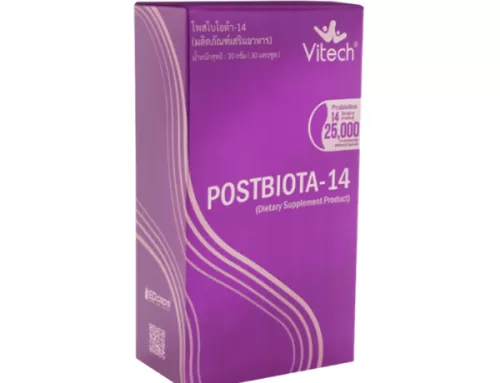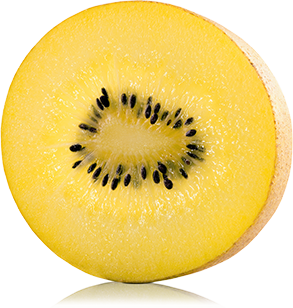The effects of postbiotic propionate on visceral fat and liver fat
Our gut microbiota, mainly bacteria, perform important functions that we rely on. We need their enzymes to extract energy from non-digestible nutrients such as dietary fibre, their butyrate to power the cells lining our colon, and their propionate to assist with control of fat deposition and satiety. We need their Vitamin K for blood clotting. Babies need them to stimulate the maturation of the gut and immune system properly.
Adults need them to maintain immune balance. Satiety, weight management, glucose homeostasis, mood, and even lung health are all dependent upon gut microbial activity. Therefore, we need a healthy and diverse microbiota.
The reason why a diverse microbiota is important is because a diverse microbiota has greater coverage of desired functions, is more adaptable to changing conditions, is more able to utilise dietary fibre or prebiotics we consume; and is more resistant to perturbation by antibiotics or pathogens.
When all occupiable niches are reliably occupied by commensal (beneficial) microorganisms with the metabolic flexibility to react to changing circumstances then those niches will not be vacated and subsequently exploited by invading less beneficial organisms or harmful pathogens.
With a diverse, robust and appropriately responsive microbial community, we will be able to realise the benefits of their provision of useful metabolites to us, such as propionate.

Propionate is produced by specific propionate-producing bacteria, mainly found in the distal colon, the far end, prior to where material is voided as faeces. These bacteria are very metabolically flexible, able to degrade many different sugar linkages to release a wide variety of sugars to act as fuel for them. In the absence of fermentable material surviving transit this far along the colon, these bacteria, usually members of the Bacteroidetes phylum, feed upon the mucus which lines the colon and protects the delicate underlying epithelium from abrasion, toxins and invading pathogens. As beneficial, commensal organisms, these bacteria also stimulate the production of mucus, thereby promoting a good balance of secretion and degradation.
However, in the absence of other fermentable material, these bacteria may either not persist in their numbers and diversity, or they may degrade mucus faster than it is secreted, deprotecting the underlying epithelia.
Thus, provision of a complex fermentable material such as kiwifruit pectin which is not rapidly fermented by the proximal Firmicutes bacteria who lack the flexibility to respond to it (cf simple inulin, FOS, GOS and starch) is very important to maintain these Bacteroidetes and provide a fuel for their production of propionate.
Propionate is an end point of Bacteroidetes anaerobic energy metabolism: a bacterial waste product generated from utilisation of the nondigested polysaccharides. Microbial propionate is important to us because it is transported across the gut epithelium to the liver via the portal vein. In the gut propionate appears to induce short-term appetite regulation though PYY and GLP-1 mediated mechanisms. In the liver, propionate provides several key metabolic benefits.

Propionate is able to reduce visceral fat and liver fat. Propionate flux through the liver reduces liver triglyceride concentrations which will improve liver and whole-body glucose homeostasis.
Propionate also regulates liver lipid and glucose homeostasis in an adenosine monophosphate-activated protein kinase-dependent manner involving peroxisome proliferator-activated receptor-γ regulated effects on gluconeogenesis and lipogenesis. Propionate itself is gluconeogenic, although it only makes a very small contribution to endogenous glucose production.
Propionate inhibits acetate-driven de novo lipogenesis and cholesterogenesis in the liver. Propionate also inhibits insulin-stimulated lipid accumulation in adipocytes, resulting in smaller, more responsive adipocytes, associated with reduced inflammatory infiltration into adipose tissue.
Finally, propionate is also more directly anti-inflammatory, although it is not known whether this effect on immune cells is to make the host more tolerant of propionate-producing bacteria, or for other reasons.
Ultimately, beneficial propionate production can be increased through the simple means of consuming complex prebiotic pectin, which survives intact to the colon, and is fermented all the way through to the distal colon where the propionate-producing bacteria reside. This then results in better satiety, glucose homeostasis and weight management.







